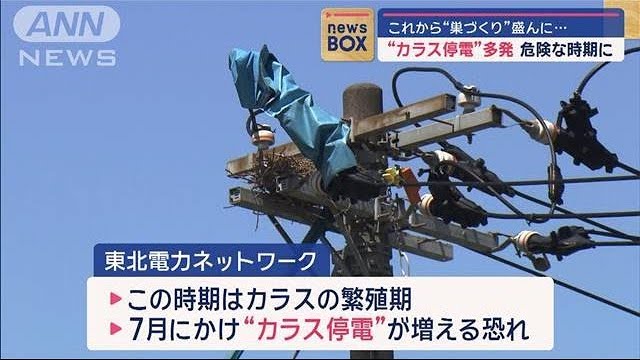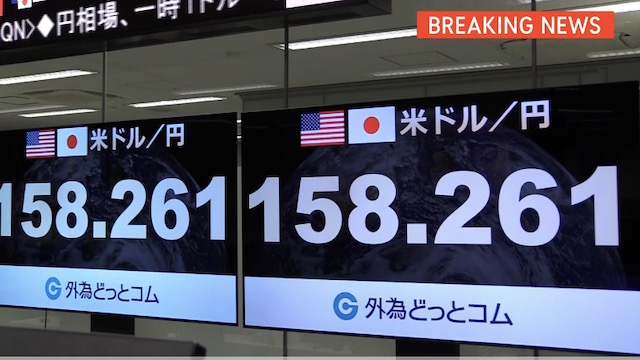Nov 22 (Nikkei) - The overseas outlets of U.S. retail giant Walmart have been burdened by a jinx, the severity of which seems inversely proportional to their distance from the American mainland. In other words, the further away, the weaker their earnings.
This jinx was often mentioned by Walmart employees about 15 years ago when the world's biggest retailer retreated from Germany and South Korea. Whispers of the "jinx" resurfaced again after Walmart pulled out of Brazil in 2018 and Britain in 2020.
Walmart's foreign flops can be attributed largely to tone-deaf management, which failed to take into account local business customs, dietary habits and labor relations, among other glaring oversights.
In Japan, Walmart will sharply reduce its presence after struggling to match its operations -- primarily that of handling processed and frozen food products -- with those of the supermarket chain it acquired, Seiyu, which had traditionally been more reliant on perishables. The inability to figure out regional differences in the relatively compact country also played a big role in Walmart's failure.
When Seiyu directed procurement for regional operations to corporate headquarters in Tokyo, popular local items disappeared from shelves, resulting in customers fleeing the chain in droves.
Judith McKenna, CEO of Walmart International, put a somewhat happy spin on the chain's misfortunes in Japan, which culminated in the sale of its majority stake in Seiyu to U.S. investment company KKR and Japanese e-commerce major Rakuten. McKenna explained to Nikkei on Monday simply that Walmart had forged a business partnership with Japanese characteristics.
In other words, Walmart never managed to develop significant ties with local partners alone.
When Walmart clarified the division of duties at Seiyu, ostensibly to improve store efficiency, cooperation between workers disintegrated. During overnight restocking of shelves, for example, cardboard boxes were left in aisles as nighttime workers maintained they were not responsible for tidying up after their duties. Headquarters paid more attention to managers rather than rank-and-file employees.
Japan was the world's second-largest economy after the U.S. in 2002 when Walmart decided to invest in Seiyu. But the U.S. giant entered with neither an overall strategy nor in-store tactics to achieve much of a presence in a country faced with an aging population and declining purchasing power.
Walmart now aims to grow in China, India, South Africa and other emerging economies. The reason Walmart did not rid itself most of its Japanese business until now was partly because it has positioned the country as a steppingstone for pan-Asia aspirations. It also needed to save face. When Walmart considered leaving around 2010, the idea met with internal resistance, as a complete withdrawal would likely have made it impossible to advance into a developed economy again.









